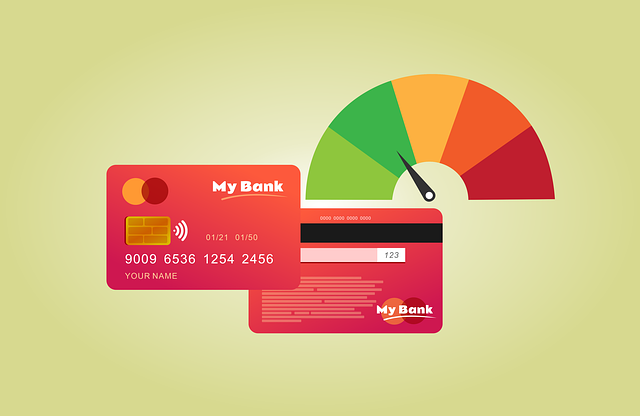In real estate, credit scores are crucial for buyers and sellers, determining financial reliability based on borrowing history. Higher scores unlock better mortgage rates and terms, while lenders use them to assess loan eligibility. Maintaining strong credit enhances access to competitive mortgages and favorable lease conditions, providing significant benefits in the market. To secure advantageous loan terms, examine and dispute errors on your credit report, pay bills on time, minimize debt, and regularly monitor your score for informed decisions.
In the competitive world of real estate, understanding and optimizing your credit score is paramount. Higher scores don’t just represent financial health; they unlock better loan terms and rates, significantly impacting your homeownership journey. This article delves into the intricate link between credit scores and real estate financing. We’ll explore how higher scores translate to advantageous deals and provide actionable strategies to help buyers achieve top scores, ensuring they secure favorable loan conditions in this dynamic market.
Understanding Credit Scores in Real Estate: Why They Matter

In the realm of real estate, understanding credit scores is paramount for both buyers and sellers. Credit scores serve as a numerical representation of an individual’s financial reliability, based on their borrowing and repayment history. Higher scores typically translate to better rates, making it easier for borrowers to secure mortgages with lower interest rates and favorable terms. This can significantly impact the long-term financial burden of owning a home.
For real estate transactions, lenders often use credit scores as a key factor in determining loan eligibility and pricing. A strong credit score demonstrates responsible financial behavior, which reassures lenders about the borrower’s ability to consistently make payments. Consequently, buyers with higher credit scores can access more competitive mortgage options, potentially saving thousands of dollars over the life of their loan. Thus, maintaining and improving credit scores is a strategic move for anyone navigating the real estate market.
The Direct Correlation: Higher Scores Lead to Better Rates

In the competitive realm of real estate, it’s evident that higher scores have a direct and positive correlation with better rates. When we talk about scores, whether it’s credit scores or FICO scores, they serve as a snapshot of financial health and trustworthiness. Lenders and property owners often use these scores as a key indicator when assessing potential borrowers or tenants. A robust score signifies responsible financial management, which translates to lower risk for lenders. As a result, individuals with higher scores are typically rewarded with more favorable terms on mortgages, including competitive interest rates, reduced fees, and larger loan amounts.
This dynamic is equally applicable in the rental market. Landlords often rely on credit scores to gauge a tenant’s reliability when it comes to rent payments and property maintenance. A higher score can mean securing a lease with better conditions, such as lower security deposits or even negotiable terms. In essence, maintaining and improving one’s credit score is a game-changer in the real estate sector, offering numerous advantages that extend beyond just purchasing a home; it facilitates access to better rates and opportunities across the board.
Strategies for Achieving Top Scores to Secure Favorable Loan Terms

To secure favorable loan terms in the competitive world of real estate, achieving top scores is paramount. Start by understanding your credit report thoroughly; this provides a clear picture of your financial health and areas for improvement. Regularly review it for errors or discrepancies and dispute any inaccuracies to ensure accuracy. Building and maintaining a strong credit history is key; pay all bills on time, including rent, utilities, and credit card payments. This consistent payment behavior demonstrates reliability to lenders.
Additionally, aim to reduce debt and keep your credit utilization low. Lenders favor borrowers with minimal debt, so consider paying off high-interest loans or credit cards. Keep a balanced approach, as too much unused credit can also raise flags. Regularly checking your credit score and taking proactive measures will not only improve your chances of securing better loan terms but also provide insights to make informed financial decisions in the real estate market.






